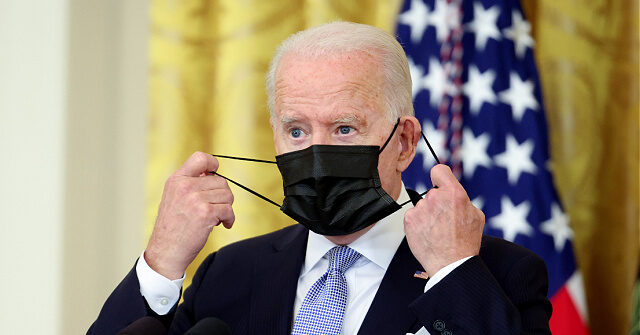The House Select Subcommittee on the Coronavirus Pandemic recently concluded a comprehensive investigation, resulting in a detailed 520-page report that scrutinizes the multifaceted approaches taken by federal authorities in response to the COVID-19 pandemic. This investigation, which spanned over two years, focused on various critical areas, including the origins of the virus, the effectiveness and transparency of government relief programs, as well as the implementation of laws and regulations meant to mitigate the crisis. Additionally, it examined the development of vaccines and treatments for COVID-19. Through the course of its inquiry, the committee gathered extensive evidence, including over one million documents, conducted more than 100 investigative letters, and held numerous hearings and interviews to piece together a clearer understanding of the response to the pandemic and to propose a roadmap for better preparedness in future health crises.
Among the most significant findings of the report was the examination of social distancing guidelines, particularly the widely adopted six-foot rule. The committee contended that the mandate was not firmly grounded in scientific evidence, noting that its justification appeared to lack rigorous scientific trials or internal debate among public health officials. The report highlighted Dr. Anthony Fauci’s acknowledgment during a public hearing that there was insufficient scientific basis for the six-foot rule, pointing to a concerning trend in public health decision-making where guidelines were adopted almost arbitrarily. The subcommittee criticized this lack of accountability among health officials, emphasizing the necessity for evidence-based guidance in public health policies that significantly affect everyday lives.
The investigation also addressed the contentious issue of mask mandates. The report criticized the Centers for Disease Control and Prevention (CDC) and the Biden Administration for selectively using observational data to promote the idea that mask-wearing was completely effective in preventing COVID-19 transmission. According to the committee’s findings, the CDC failed in its responsibility to ensure that its guidance was based on comprehensive and high-quality research, which is vital for public health communication. Furthermore, the report underscored the detrimental effects that school mask mandates had on children, highlighting recommendations from the World Health Organization that specifically cautioned against mask-wearing in young children due to potential negative impacts on their developmental and psychological well-being.
Vaccine mandates were another focal point of the committee’s examination. The report concluded that these mandates lacked substantial scientific backing and resulted in considerable harm rather than benefits. With all major federal mandates now rescinded, their repercussions, such as professional job losses and increased vaccine hesitancy, continue to resonate. The committee argued that the mandates disregarded several critical factors, including the reality of natural immunity and the risk stratification of COVID-19. These missteps not only heightened distrust in public health authorities but also exacerbated political divisiveness. The report criticized the overstated efficacy of vaccines, asserting that officials like Fauci ignored natural immunity and presented rhetoric that polarized the public, creating confusion and fear.
While acknowledging that concepts such as herd immunity are well-founded in public health discussions, the report alleged that public health officials disregarded natural immunity as part of their COVID-19 strategy. The committee expressed particular concern regarding the narratives surrounding vaccine effectiveness, noting the stark contradiction to the expectations set by officials, as data ultimately indicated that vaccines did not effectively halt virus transmission. This narrative misalignment has led to significant skepticism regarding public health messaging and vaccine mandates.
In summary, the conclusion drawn by the House Select Subcommittee on the Coronavirus Pandemic’s report serves as a critical reflection on the manner in which the United States responded to the COVID-19 pandemic. The findings call for a reassessment of the policies and guidelines that were hastily implemented and emphasize the importance of grounding public health decisions in robust scientific evidence. As the nation seeks to prepare for future pandemics, the report underscores the need for transparency, accountability, and careful consideration of the implications that public health policies have on the lives of citizens. The subcommittee’s inquiry not only aims to address past mistakes but also to foster a more reliable and scientifically-guided approach to health crises moving forward.

